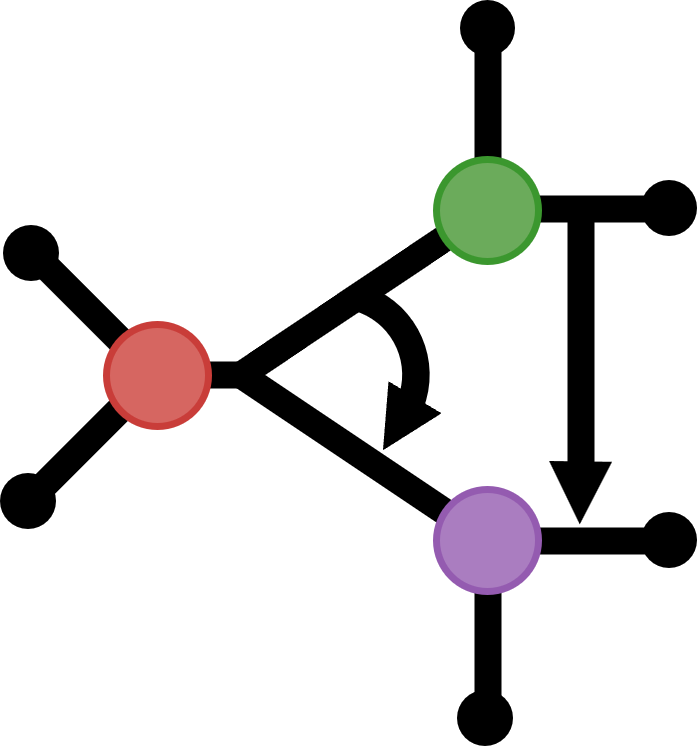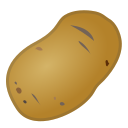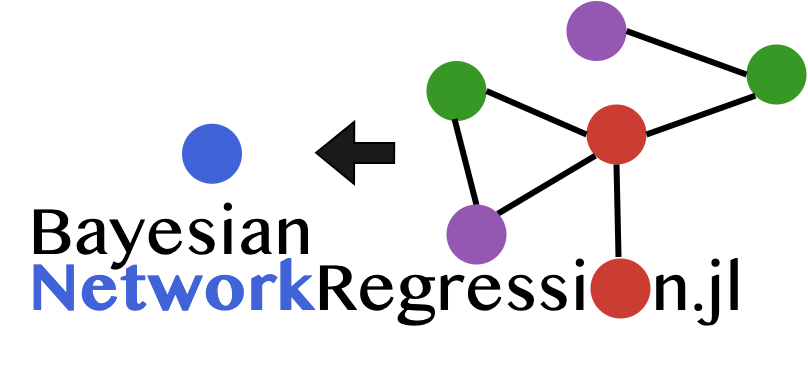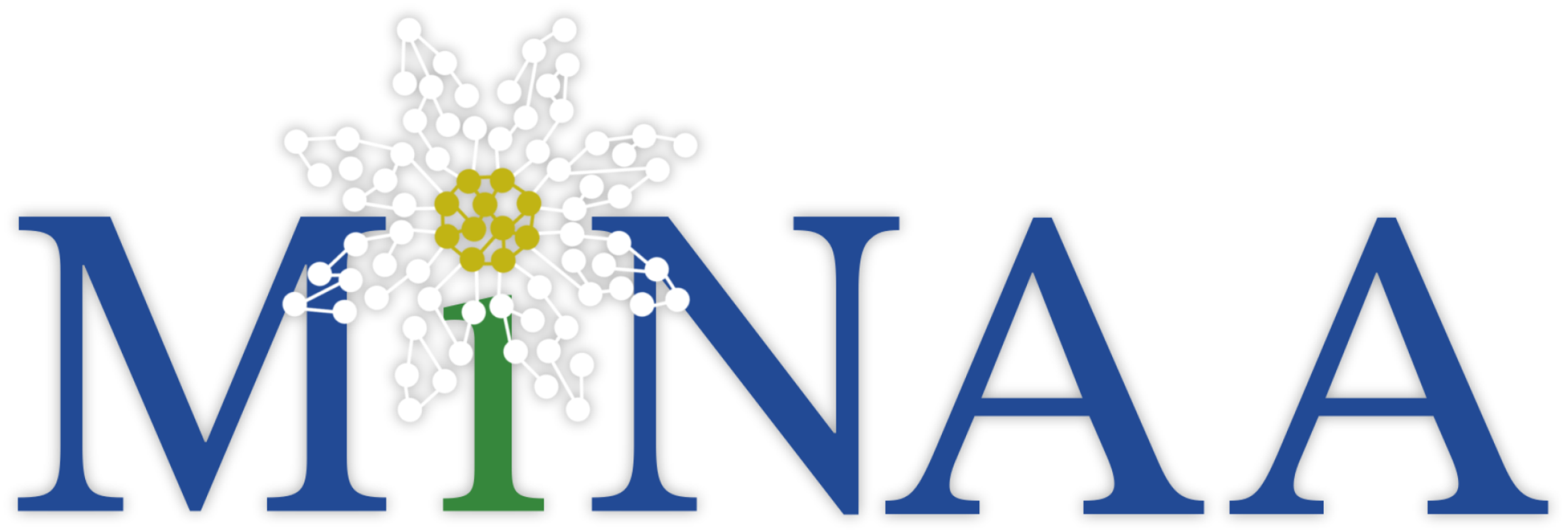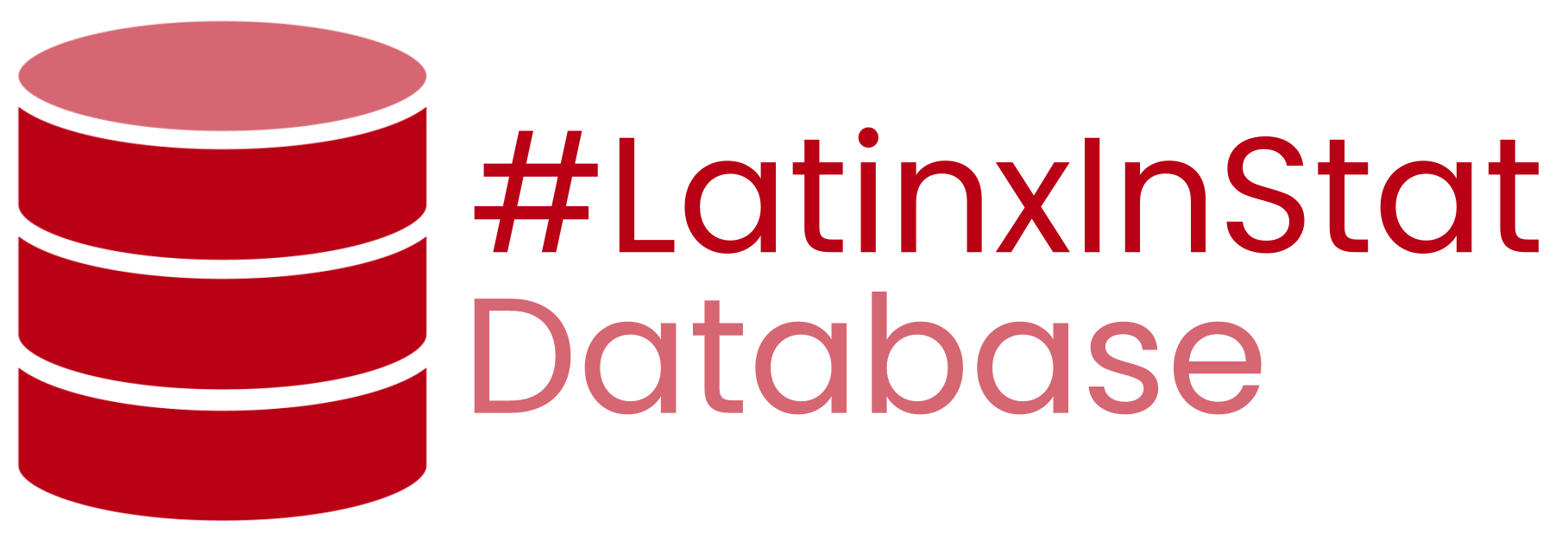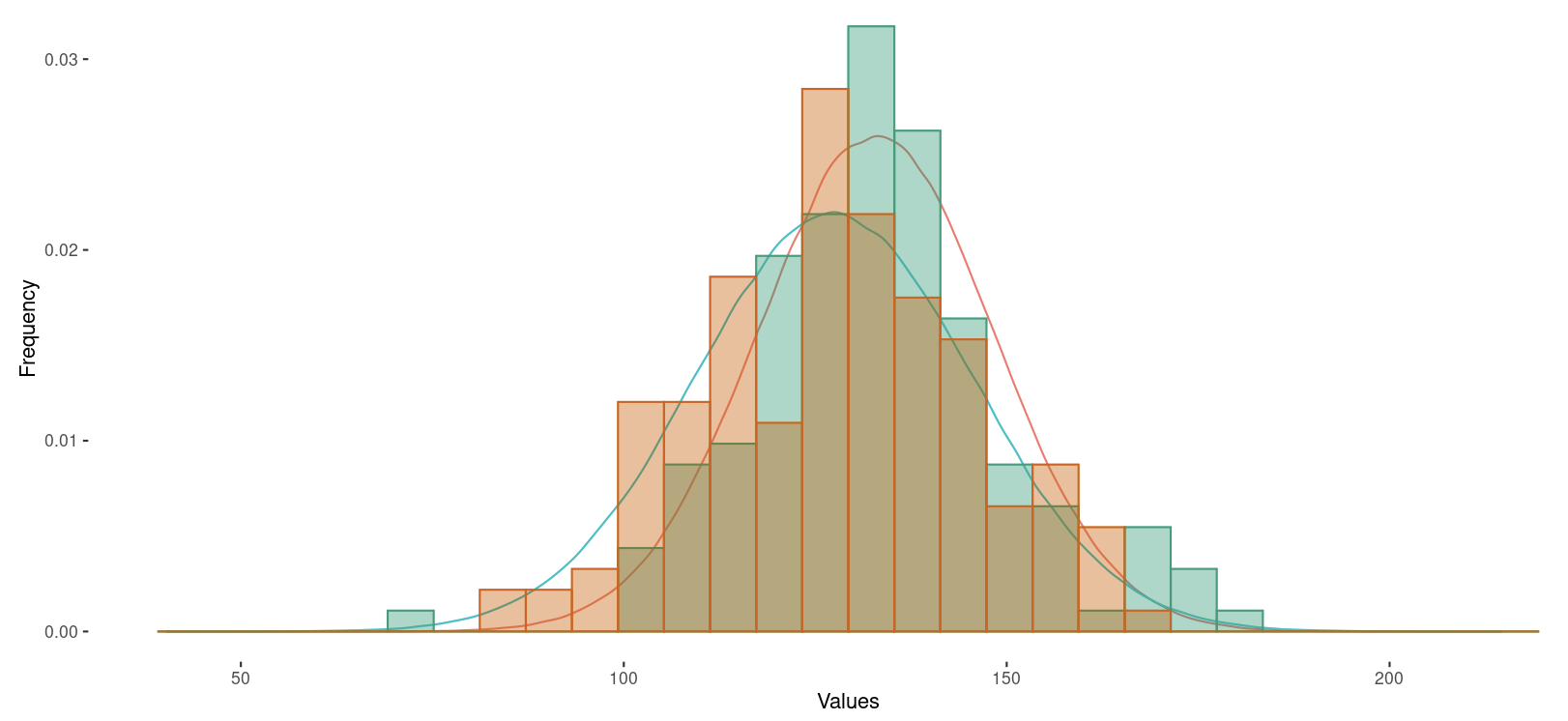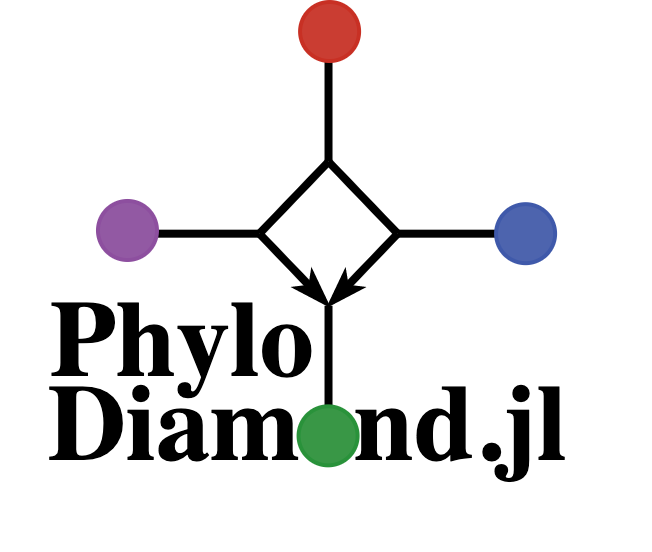software
PhyloNetworks
A Julia package for statistical inference, data manipulation and visualization of phylogenetic networks
To receive announcements about updates to PhyloNetworks, join the
JuliaPhylo google group
Check out the tutorials:
PhyloUtilities website
and the shorter and newer
SNaQ tutorial
A Julia package for statistical inference, data manipulation and visualization of phylogenetic networks
To receive announcements about updates to PhyloNetworks, join the
JuliaPhylo google group
Check out the tutorials:
PhyloUtilities website
and the shorter and newer
SNaQ tutorial
SNaQ
Maximum pseudolikelihood estimation of species network. The procedure involves a numerical optimization of branch lengths and inheritance probabilities and a heuristic search in the space of phylogenetic networks.
Maximum pseudolikelihood estimation of species network. The procedure involves a numerical optimization of branch lengths and inheritance probabilities and a heuristic search in the space of phylogenetic networks.
InPhyNet
A Julia package that merges several disjoint level-1 phylogenetic networks into one large network. This procedure significantly speeds up inference times for all sizes of networks without sacrificing accuracy. For an introduction to the software and a real-data example see the documentation.
Software developed by Nathan Kolbow.
A Julia package that merges several disjoint level-1 phylogenetic networks into one large network. This procedure significantly speeds up inference times for all sizes of networks without sacrificing accuracy. For an introduction to the software and a real-data example see the documentation.
Software developed by Nathan Kolbow.
iBPP
Bayesian species delimitation integrating genes and traits data.
WI Fast Stats
Integrated web page with access to all available web apps for data visualization of WI Fast Plants
YouTube short tutorial
Also please see the github repo.
Software developed by Yizhou Li.
Integrated web page with access to all available web apps for data visualization of WI Fast Plants
YouTube short tutorial
Also please see the github repo.
Software developed by Yizhou Li.
CARlasso
An R package for fitting Conditional Auto-Regressive LASSO, a class of models that infers (sparse) Gaussian chain graph with predictor and response nodes as well as its extensions
Check out the documentations and tutorials.
Software developed by Yunyi Shen.
An R package for fitting Conditional Auto-Regressive LASSO, a class of models that infers (sparse) Gaussian chain graph with predictor and response nodes as well as its extensions
Check out the documentations and tutorials.
Software developed by Yunyi Shen.
Potato Dashboard
Proprietary data visualization and data analysis dashboard for the WI Seed Potato Cert program
Check out the github repo.
Software developed by Haoming Chen, Elaine Wu and Xiaoyang Wang.
Proprietary data visualization and data analysis dashboard for the WI Seed Potato Cert program
Check out the github repo.
Software developed by Haoming Chen, Elaine Wu and Xiaoyang Wang.
BayesianNetworkRegression.jl
A Julia package for fitting Bayesian Network Regression, a model for inferring the relationships between microbiome networks and a dependent variable of interest like biological phenotypes.
Check out the documentation and tutorials.
Software developed by Sam Ozminkowski.
A Julia package for fitting Bayesian Network Regression, a model for inferring the relationships between microbiome networks and a dependent variable of interest like biological phenotypes.
Check out the documentation and tutorials.
Software developed by Sam Ozminkowski.
BioKlustering
BioKlustering is a web app for learning and visualization of genomic data. You can choose from a variety of supervised, unsupervised and semi-supervised machine-learning methods to cluster genomic sequences.
Check out the github repo.
Software developed by Yuke Wu and Sam Ozminkowski.
BioKlustering is a web app for learning and visualization of genomic data. You can choose from a variety of supervised, unsupervised and semi-supervised machine-learning methods to cluster genomic sequences.
Check out the github repo.
Software developed by Yuke Wu and Sam Ozminkowski.
MiNAA
MiNAA is a Microbiome Network Alignment Algorithm. While most existing alignment methods are tailored to protein or gene interaction networks, and often require particular biological data, MiNAA is suited to align microbiome interaction networks, and allows the user to include any biological data they see fit.
Software developed by Reed Nelson.
MiNAA is a Microbiome Network Alignment Algorithm. While most existing alignment methods are tailored to protein or gene interaction networks, and often require particular biological data, MiNAA is suited to align microbiome interaction networks, and allows the user to include any biological data they see fit.
Software developed by Reed Nelson.
LatinxInStat Database
The LatinxInStat database contains information of Latinx statisticians and data scientists. If you identify as Latinx, please add yourself to the database. If you are organizing a conference, please use this database to include a more diverse representation of speakers.
Software developed by Reed Nelson.
The LatinxInStat database contains information of Latinx statisticians and data scientists. If you identify as Latinx, please add yourself to the database. If you are organizing a conference, please use this database to include a more diverse representation of speakers.
Software developed by Reed Nelson.
Sample Size Calculation Shiny App
This shiny app provides an open-source user friendly computation of sample size for different pairwise tests.
Check out the github repo.
Software developed by Nicole Athanasiou.
This shiny app provides an open-source user friendly computation of sample size for different pairwise tests.
Check out the github repo.
Software developed by Nicole Athanasiou.
PhyloDiamond.jl
PhyloDiamond.jl is a Julia package for ultrafast learning of 4-node hybridization cycles in phylogenetic networks using algebraic invariants.
Check out the documentation and tutorials.
Software developed by Zhaoxing Wu.
PhyloDiamond.jl is a Julia package for ultrafast learning of 4-node hybridization cycles in phylogenetic networks using algebraic invariants.
Check out the documentation and tutorials.
Software developed by Zhaoxing Wu.
PhyloClustering.jl
PhyloClustering.jl is a Julia package to perform unsupervised learning on phylogenetic trees. The algorithms currently included are K-means, Hierarchical Clustering, Gaussian Mixture Model, and DBSCAN.
Check out the documentation and tutorials.
Software developed by Yibo Kong.
PhyloClustering.jl is a Julia package to perform unsupervised learning on phylogenetic trees. The algorithms currently included are K-means, Hierarchical Clustering, Gaussian Mixture Model, and DBSCAN.
Check out the documentation and tutorials.
Software developed by Yibo Kong.
Virus Linker Shiny App
The shiny app provides a platform for visualizing connections and interactions between proteins of viruses.
Check out the github repo.
Software developed by Xiaoyang Wang.
The shiny app provides a platform for visualizing connections and interactions between proteins of viruses.
Check out the github repo.
Software developed by Xiaoyang Wang.
HighDimMixedModels.jl
A Julia package for fitting regularized linear mixed-effects models on high-dimensional omics data
Check out the documentation and example usage.
Software developed by Evan Gorstein
A Julia package for fitting regularized linear mixed-effects models on high-dimensional omics data
Check out the documentation and example usage.
Software developed by Evan Gorstein
CMiNet
CMiNet is an R package designed to generate consensus microbiome networks by integrating results from multiple network construction algorithms. This tool is specifically tailored for microbiome data, where capturing the intricate relationships between microbial taxa is essential to understanding complex biological systems.
The package employs a range of established algorithms, including:
These algorithms construct individual microbial association networks, which CMiNet then combines into a single, weighted consensus network. By leveraging the strengths of each method, CMiNet provides a comprehensive and reliable representation of microbial interactions.
Software developed by Rosa Aghdam
CMiNet is an R package designed to generate consensus microbiome networks by integrating results from multiple network construction algorithms. This tool is specifically tailored for microbiome data, where capturing the intricate relationships between microbial taxa is essential to understanding complex biological systems.
The package employs a range of established algorithms, including:
- Pearson and Spearman correlation
- Biweight midcorrelation
- Sparse Correlations for Compositional data (SparCC)
- Sparse InversE Covariance estimation for Ecological Association and Statistical Inference (SpiecEasi)
- Semi-Parametric Rank-based Correlation and Partial Correlation Estimation (SPRING)
- Generalized Co-Occurrence Differential Abundance analysis (gCoda)
- Correlation Inference for Compositional Data through Lasso (CCLasso)
- A novel algorithm based on conditional mutual information (CMIMN)
These algorithms construct individual microbial association networks, which CMiNet then combines into a single, weighted consensus network. By leveraging the strengths of each method, CMiNet provides a comprehensive and reliable representation of microbial interactions.
Software developed by Rosa Aghdam
CMiNet
The CMiNet Shiny App is an interactive web-based tool that provides a user-friendly interface for generating consensus microbiome networks. Built on the CMiNet R package, this app allows users to analyze microbiome data without requiring programming expertise, enabling intuitive visualization and exploration of microbial interactions.
Software developed by Rosa Aghdam.
MiNAA-WebApp
MiNAA-WebApp is an interactive web-based tool that provides a user-friendly interface for aligning and visualizing microbiome networks. Built on the MiNAA (Microbiome Network Alignment Algorithm), this app enables researchers to explore microbial community structure and ecological relationships without requiring programming expertise, promoting accessible and reproducible microbiome network analysis.
Check out the GitHub repo.
Software developed by Sophia Yang.
MiNAA-WebApp is an interactive web-based tool that provides a user-friendly interface for aligning and visualizing microbiome networks. Built on the MiNAA (Microbiome Network Alignment Algorithm), this app enables researchers to explore microbial community structure and ecological relationships without requiring programming expertise, promoting accessible and reproducible microbiome network analysis.
Check out the GitHub repo.
Software developed by Sophia Yang.


